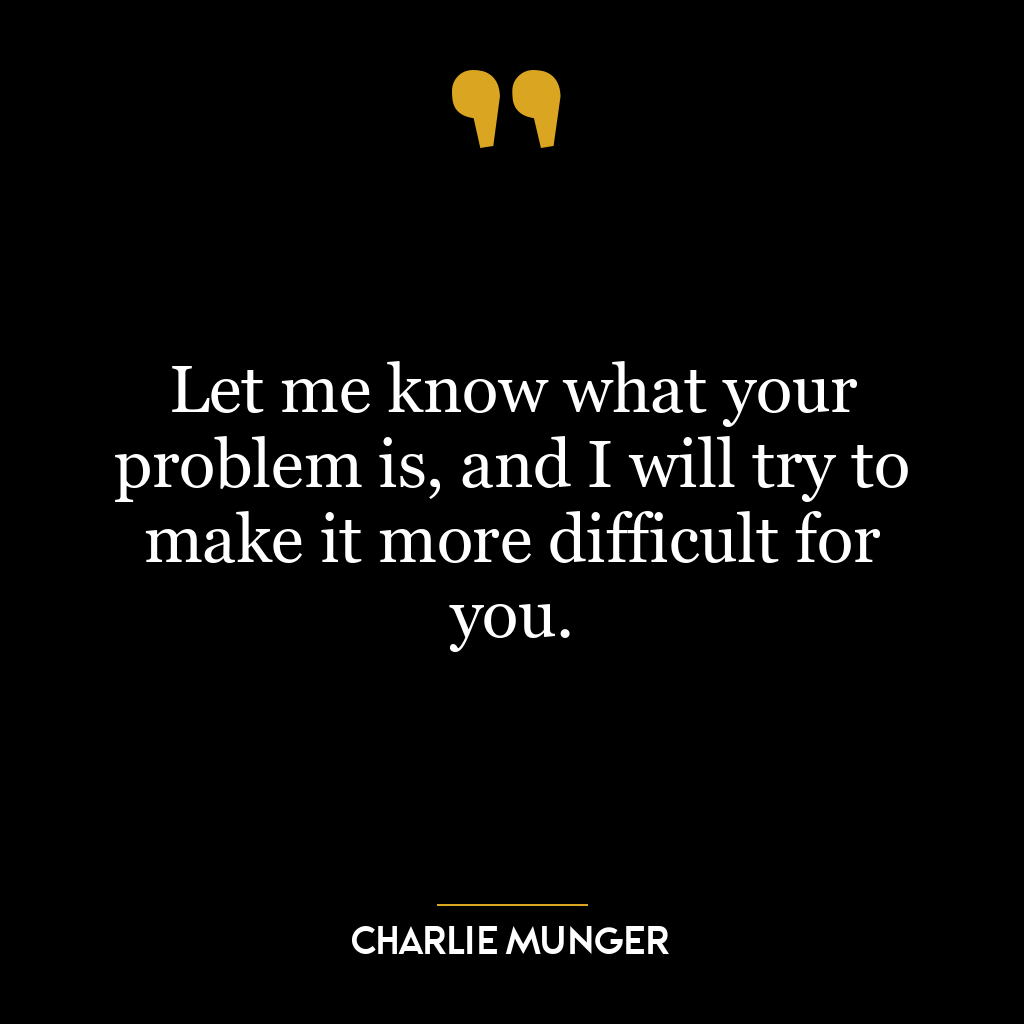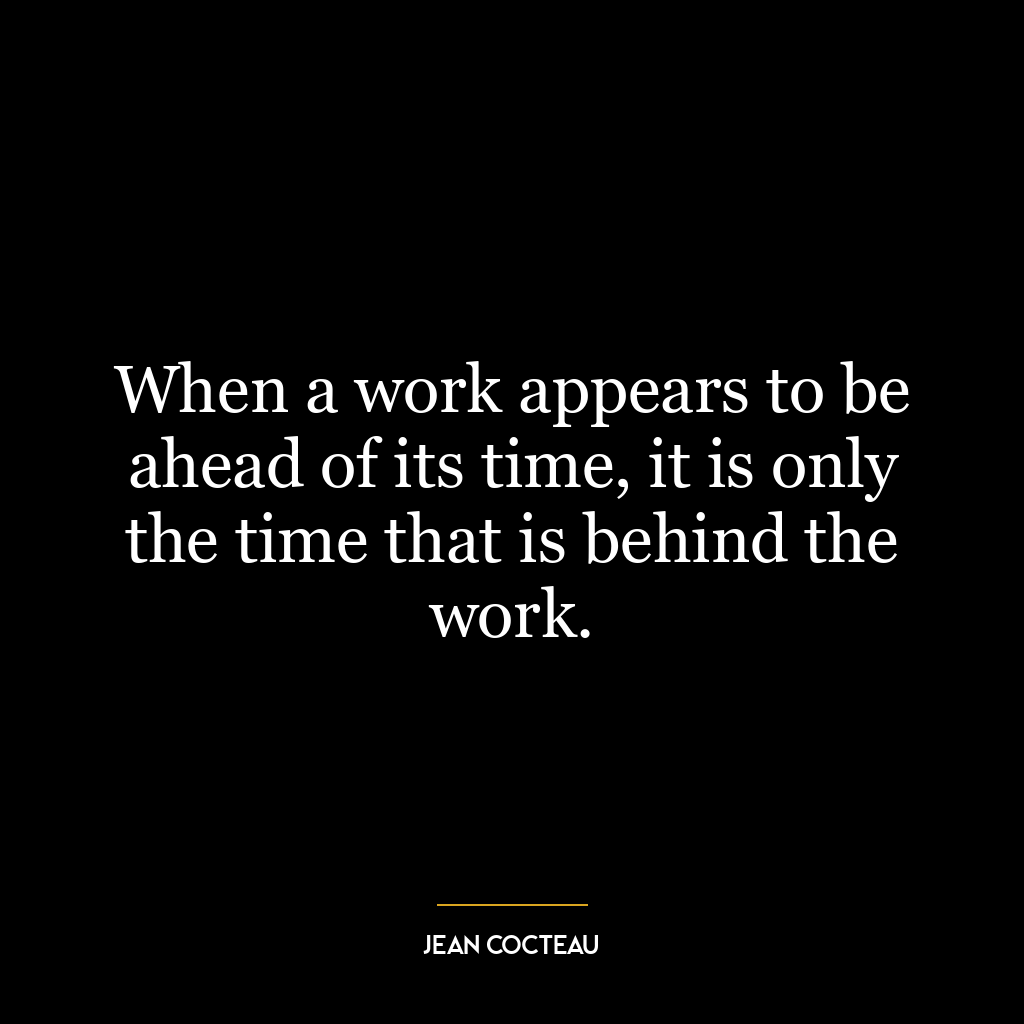No worthy problem is ever solved within the plane of its original conception” is a profound statement that suggests that to truly solve a significant problem, one must step outside of the initial context or perspective in which the problem was first understood.
The “plane of its original conception” can be seen as the initial framework or perspective from which a problem is viewed. When we first encounter a problem, we understand and define it based on our existing knowledge, assumptions, and biases. However, this initial conception of the problem may be limited or flawed, and it may not allow us to fully understand the problem or to see all possible solutions.
The quote suggests that to truly solve a problem, we need to transcend this initial plane of conception. This might involve questioning our assumptions, seeking new information, or looking at the problem from different perspectives. By doing so, we can gain a deeper understanding of the problem and open up new possibilities for solutions.
In today’s world, this idea is highly relevant in many areas. For example, in the realm of science and technology, many of the most significant breakthroughs have come from thinking outside of the box, from challenging established theories and assumptions, and from looking at problems from new angles.
Similarly, in the realm of social and political issues, many problems persist because people are stuck in their own perspectives and ideologies, and are unable or unwilling to see the problem from other viewpoints. To solve these problems, it may be necessary to step outside of these entrenched perspectives and to seek a broader, more inclusive understanding of the issues.
In terms of personal development, this quote suggests the importance of being open-minded and flexible in our thinking. When we face challenges or obstacles, it can be easy to get stuck in our initial understanding of the problem. However, if we are willing to question our assumptions, to seek new information, and to look at the situation from different perspectives, we may be able to find new and better solutions. This can lead to personal growth and progress, as we learn to navigate challenges more effectively and to see the world in more nuanced and complex ways.









